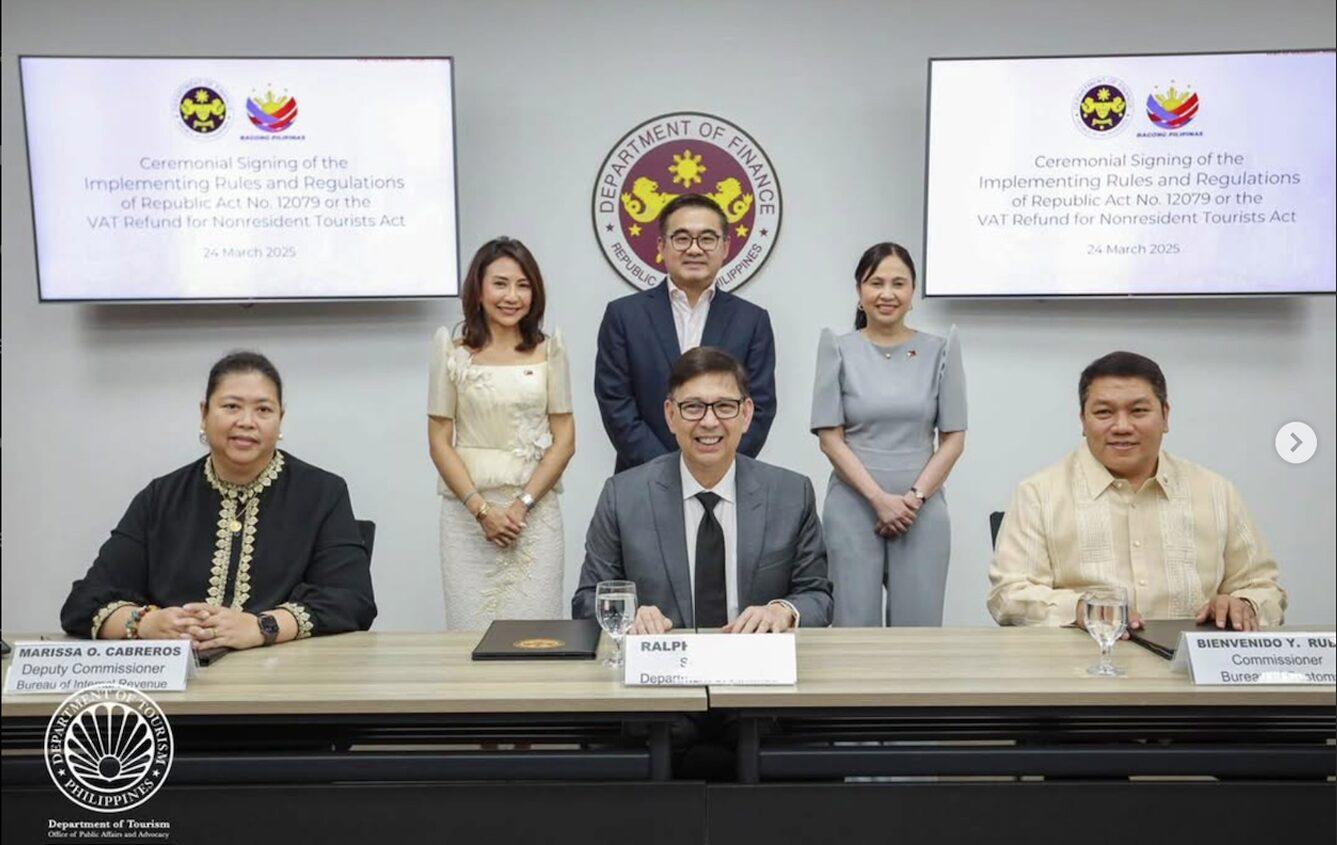“WE are unprofitable servants; we have done what we were obliged to do.” — (Luke 7:10)
I heard the above words from someone, not word for word, but in a similar sense. I was at a dinner sitting with a priest-friend from college seminary, who was then the secretary of a cardinal, when the host gave a toast to recognize the prelate’s presence and visit. Then, after everyone joined the toast, the host turned to my priest- friend and said, “And to the cardinal’s secretary, who takes good care of him, let’s have another toast!” Everyone lifted up their wine glasses in a spirit of appreciation for my friend’s love and fidelity to his superior. Afterward, the host asked my priest-friend to give a short speech. My friend stood up and said the simple words, “I have only done my duty.”
His short response about the above gospel passage of Luke struck me. It spoke of his faithfulness to his work, his love for what he was doing, and his deep love and care for the cardinal.
Now the Cardinal has long been gone; he has passed away. But little did my friend know that he too would become an archbishop and perhaps a Cardinal later. I hope that each day that he wakes up to shepherd his priests and his people, he never forgets to say the words, “Here I am Lord, I am here to do what you oblige me to do.”
To fulfill one’s duties at work or in one’s family requires faithfulness to one’s vocation, to where God has “planted” each one of us. And faithfulness means loving one’s vocation and doing everything to fulfill it. It means seeing one’s calling not just as a self-fulfillment but as a way to show one’s profound care and concern for the people that God entrusted to us.
This way of looking at one’s duties reflects a relationship that is not transactional but covenantal. It is based on a bond of love and care for the people we serve. It looks out for the welfare and the growth of other people; it implies genuine concern.
I find myself feeling and thinking this way too with my ministry in the seminary. I always remind myself and the seminarians that I do my work to serve them, to help them to become holy, good, and effective priests. I’m not in the seminary to impress them with my gifts or my abilities, but to assist them to have the heart of Jesus Christ, the Good Shepherd.
In the bigger world, our urgent need now is to have servant-leaders who are truthful to their words, who mean what they say, who do not lie about their motives. People are fed up with liars, deceivers, and self-serving leaders. They need leaders who are real “servants” that give their lives wholeheartedly to others, especially the poor.
The Greek word for servants or slaves is douloi. In the first-century Mediterranean world, douloi were the property, not employees, of their masters. Hence they belong to their masters, and they would do everything to show their love and loyalty to them. And so, even Jesus used this term to describe discipleship. He told his disciples that if they want to follow him, they have to be slaves–douloi–for one another.
St. Paul was happy to identify himself as a “doulos of Jesus Christ” (e.g. Rom 1:1). The earliest Christian hymn also talks about the humanity of Jesus as his taking on “the form of a slave” (Phil. 2:7). Although the word “slave” does not sell well in the contemporary democratic culture, people in the biblical times were at home with the concept of subservience to God and to one another.
Again, in today’s times when there is a crisis of genuine and honest leaders, we need to bring back this Christian concept of servanthood. We need leaders in church and state who completely dedicate their lives of service to God and all people. We need leaders who can honestly say that they are doing their duties not to gain anything for themselves, not even prestige, but only to serve the needs of their fellow men and women.
* * *
From a Filipino immigrant family, Reverend Rodel G. Balagtas was ordained to the priesthood from St. John’s Seminary in 1991. He served as Associate Pastor at St. Augustine, Culver City (1991-1993); St. Martha, Valinda (1993-1999); and St. Joseph the Worker, Canoga Park (1999-2001). In 2001, he served as Administrator Pro Tem of St. John Neumann in Santa Maria, CA, until his appointment as pastor of ImmAaculate Heart of Mary, Los Angeles, in 2002, which lasted 12 years. His term as Associate Director of Pastoral Field Education at St. John’s Seminary began in July 2014.





